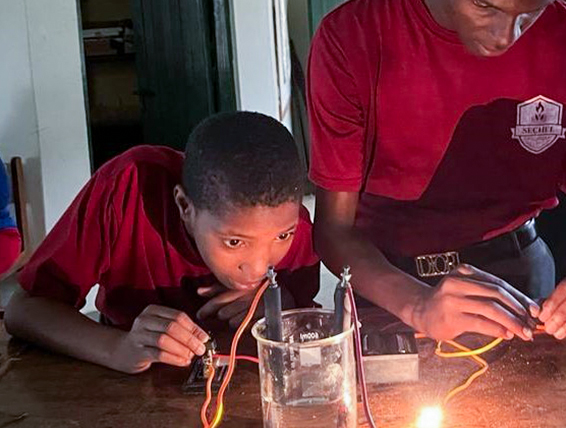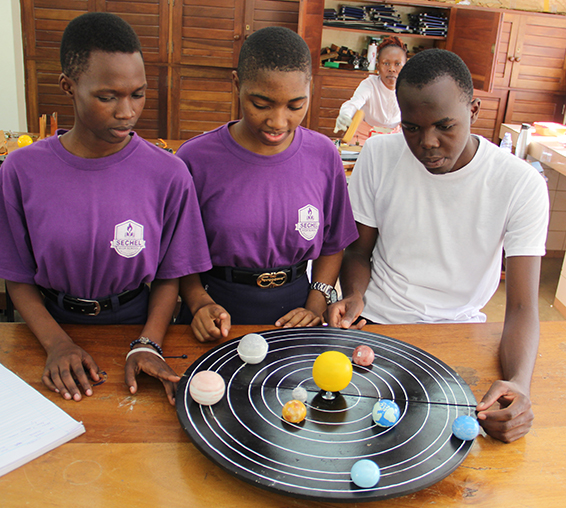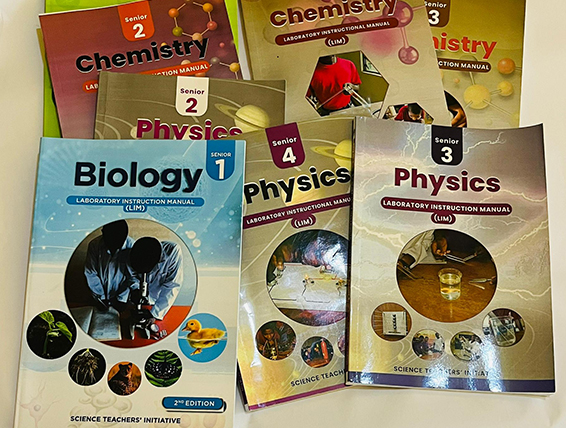Transforming Education through Practical Learning
Everyone has a story. Here is ours.

Our Vision
Transforming scientific knowledge into skills for socio-economic development
Our Goal
To promote the use of scientific knowledge and skills in solving socio-economic challenges


Our Mission
To ignite accelerated development across Africa through the transformative power of practical science education.
Riverflow International (RIFI) is a social enterprise working with teachers, education leaders, and innovators to improve the quality of education across Africa. We promote the effective use of scientific knowledge, evidence-based teaching practices, research, and innovation to address socio-economic challenges.
We support educators and innovators to develop practical learning materials that foster skills development and lifelong learning. Our work includes comprehensive teacher retooling and ongoing support programs that strengthen inclusive, high-quality education.
Riverflow International partners with Ministries of Education and non-governmental organizations across multiple countries to advance equitable and impactful education systems in Africa.
Our culture is shaped by shared values that define how we collaborate and create impact.
Excellence
We are deeply committed to improving education through practical learning.
Respect
We are passionately dedicated to empowering learners and educators.
Innovation
We are focused on delivering meaningful and lasting learning outcomes.
Collaboration
We are strongly driven by integrity, collaboration, and positive social impact.
A team built on experience
We continue to strengthen our network nationally and beyond, bringing together a dedicated team with diverse technical and programmatic expertise to support our work.





Better together
We believe meaningful work can also be engaging and human. We value our partnerships deeply and strive to collaborate in ways that are inclusive, creative, and effective addressing real challenges while building trust and shared purpose along the way.
We are passionate about what we do and committed to supporting educators, partners, and communities. If our work resonates with you, we invite you to contact us and explore how we can work together.
